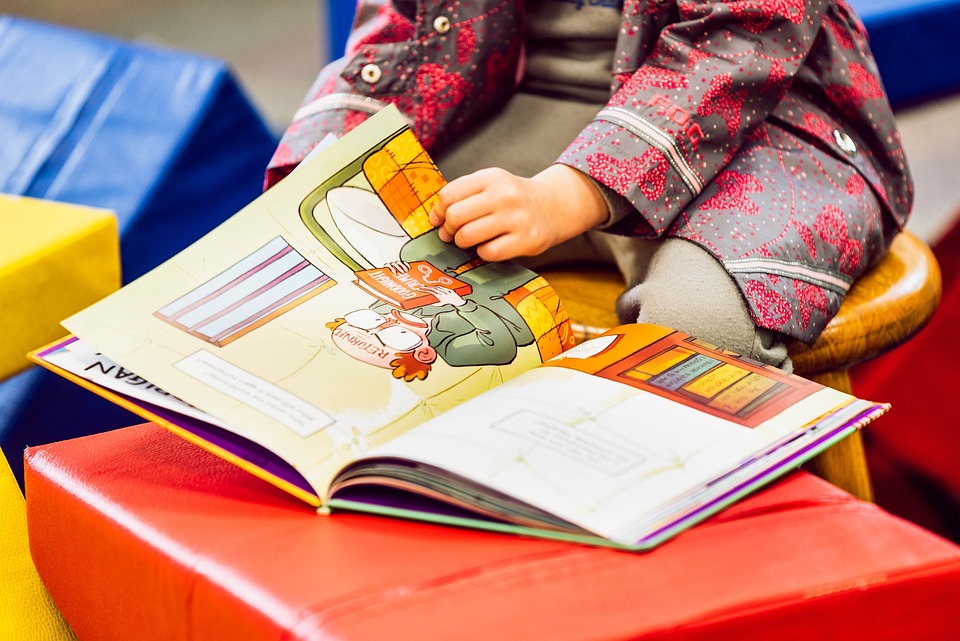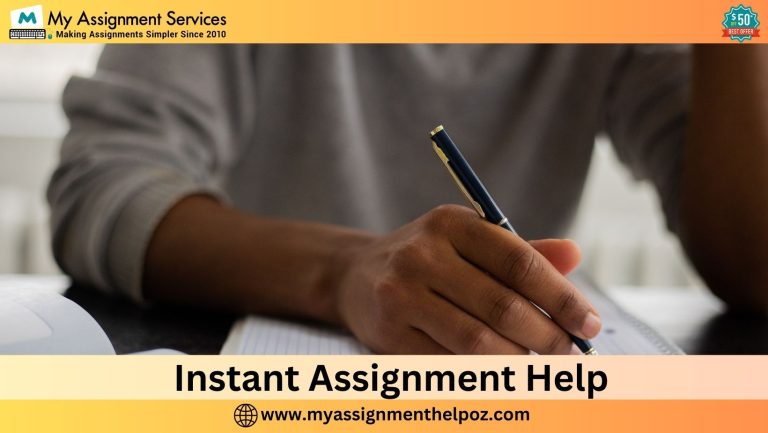Phonetic Spelling For Preschoolers To Further develop Language Abilities
Words like door and get, slip and rest, rich and reach, and so forth may sound like children. For what reason does this occur? This happens as a result of youngsters’ failure to separate between sounds. In this way, learning English phonetic spelling is fundamental for kids.
Also read: words start with z
However, what are phonetic spellings? How to train this in kids?
Try not to worry. We have you covered. This article has every one of the responses to your inquiries. We have talked about everything from the significance of phonetic spelling for kindergarten understudies and their advantages to how to train phonetic spelling to jokes around with the assistance of fun exercises.
What Is Phonetic Spelling?
Phonetic spellings assist kids with spelling longer and more troublesome words without any problem. To assist youngsters with spelling words, each letter of the words is addressed through a solitary expressed sound. In short words, phonetic spelling for youngsters is how children talk the letters in order. Phonetics is the connection between the letters in order and the sound they produce.
Advantages Of Learning Phonetic Spelling For Youngsters
Presently you understand phonetic spellings; we should investigate the advantages of phonetics for youngsters.
1. Upgrades Language and Jargon
Rehearsing phonetics with the assistance of various entries or stories builds the possibilities of improving children’s jargon and empowers them to translate various words while perusing. As they become constant, their reflexes enliven, and they comprehend the importance of a word while understanding it, which expands their statement stock.
2. Creates Persistence
While rehearsing phonetic spellings, kids sit and attempt to break words into various sounds and read them. This movement requires a great deal of tolerance and concentration. Kids foster this propensity and apply it to different exercises they do. Along these lines, they learn to avoid panicking and stay patient while learning phonetic spellings.
3. Instructs Syllables
Phonetics assists messes with fostering comprehension of the syllable construction as they recognize that words like open syllables generally end in long sound-delivering vowels. Though shut syllables often end with a consonant and have a short vowel. With rehearsing phonetic spellings, noticing these little differences is inordinately easier.
4. Scholastic Turn of events
Learning phonetics benefits messes with English as well as with different subjects. It assists messes around with talking easily, assembles trust in them to participate in discussions and different rivalries and assists them with performing great in scholastics.
5. Further develops Cerebrum Movement
Perusing is an extraordinary movement for youngsters since when they read, new brain processes foster in their minds. Children will fizzle or battle to peruse appropriately without recognizing the hints of various word letters. In this way, phonetic spelling empowers them to peruse.
What Are Phonetic Words?
Phonetics is the way that verbally expressed words sound. When we encounter a new word, we break it into its phonetic parts, expressing each according to the pattern in which they appear.
Rundown Of Various Consonants And Vowels With Their Phonetic Sounds
Here are phonetic words instances of various consonants and vowel sounds for kids. After understanding this, youngsters will figure out how to spell different words by articulating the sounds gradually and obviously.
The most effective method to Show Your Preschooler Spelling Utilizing Phonetics. We should investigate far to show your little one spelling utilizing phonetics.
1. Sound Of Letters in order
Make your youngster practice the sound the letters make. Helping them articulate them accurately all along can be exceptionally gainful over the long haul.
2. Oral Mixing
Train your youngster to stick sounds together to create a word. Along these lines, they will likewise figure out how to spell similar words they are perusing and comprehend their importance simultaneously.
3. Practice, Practice, Practice
Make your kid practice what they have realized. You ought to likewise urge your kid to peruse at this stage.
Exercises To Learn Phonetic Spelling For Youngsters
At last, time to investigate a few fun exercises that will be useful to youngsters in learning phonetics.
1. Letter set Ball
All you want for this movement is a softball. Get down on a sound and toss the softball to your kid. Request that your kid get the ball and say a word that starts with that sound. Then, at that point, request that your kid toss the ball back to you and say a word. It would help if you got the ball while saying the sound it starts with. Keep playing the game to make your youngster practice phonetic spellings.
2. Attractive Letters
Get an attractive letter for this game and something to stick them onto. Orchestrate the letters in a bowl and spot them from the attractive surface. Request that your youngster stand close to the surface and get down on a sound afterwards. Your youngster needs to run towards the bowl, pick the corresponding letter with that sound, and carry it to the surface to stick it.
3. Flip The Hotcake
If your little one loves flapjacks, they’re certain to cherish this phonetic game. Utilizing some hued paper, cut out 8-10 circles of flapjacks and work out the letter sounds you need to show your kid. Snatch a silicon spatula and request that your youngster throw over every flapjack and say a word beginning with the letter sound on the hotcake.
4. Paper Letter Sound Chase
Provide a youngster with a part of the paper to peruse. Presently, give your kid a letter sound and request that they find and circle every one of the words on that page that beginnings with that sound. Children will adore perusing and tracking down words and further develop their perusing abilities simultaneously.
5. Flip and Match
Make two arrangements of cards with phonetic words with various consonants and vowels. Mix these cards and spread them out face down. Request that your child turn over any two cards all at once. If the words on the cards start with a similar letter sound, they need to leave them for all intents and purposes. If not, they must lay them face down again and flip the new cards to track down the pair.
Each youngster has a particular manner of learning things. A few youngsters master perusing with little information on phonetics, while others will require additional consideration for it. Notwithstanding, you will see that a kid with a top-to-bottom comprehension of phonetics can undoubtedly peruse new messages. However, their elocution will likewise be preferable over kids without any information on phonetics. Their certainty will reflect in their perusing. To contribute to the work. We’re certain over the long haul, being worth the effort is most certainly going.





![Updated Amazon SAA-C03 Dumps PDF [2023] Start A New Journey](https://firstnewspress.com/wp-content/uploads/2023/07/certscloud-image.2-1-768x432.jpg)
